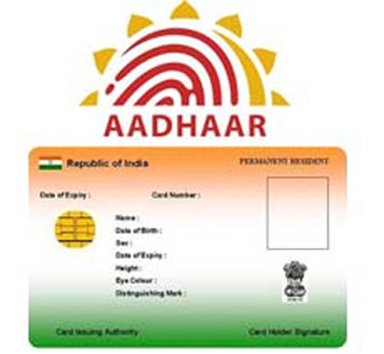The Government of India is coming up various new rules and regulations when it comes to technology vis-a-vis its own security perceptions. Not long back Indian government banned Facebook’s free services. Sometime later Apple’s exemption was declined by the Indian government from local sourcing rules and opening its own stores. This time, the Indian government may force companies like Google, Microsoft, and Apple to use technologies that are created in government-funded labs.

The tech companies differences with Indian government has started over the national biometric identity program called Aadhaar. The Aadhar Card records fingerprints and Iris scan as the identity information. Millions of Indians have enrolled themselves for the Aadhar card, using which they can access a wide range of private and public services.
Now, the Indian government is asking companies like Apple and Google to join the effort of making UIA or Unique Identification Number on Aadhar to be universal. For that, the government is demanding the phones to come loaded with users’ 12-digit UIA that is linked to their Aadhar account. However, this means that the companies have to open up their phones and operating systems to the Indian registration, encryption and security technology. This is the whole fuss about the difference with the Indian government.
Neeraj Aggarwal, Managing Director of the Boston Consulting Group in India, says,
“There will be lots of pushing and shoving by the technology companies. It will be a battle of ecosystems, and companies will do their best to hold on to their own.”
The Indian government officials invited various phone makers for a meet to discuss how Aadhar encryption can be embedded into their technology. Amongst the invitees were representatives from Apple Inc., Microsoft Corp., Samsung Electronics Co. and Alphabet Inc.’s Google. However, it seems none of the companies commented on this issue; while Apple opted not to show up at all.
Ajay Bhushan Pandey, the authority of the Unique Identification Authority of India and convened the meeting, says the industry representatives listened politely and were non-committal. Currently, the Indian government is going slow and polite with this rule. However, this approach may change over the period, and this may become a mandatory rule.
Leave a Reply